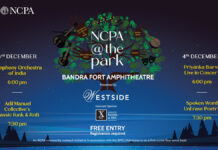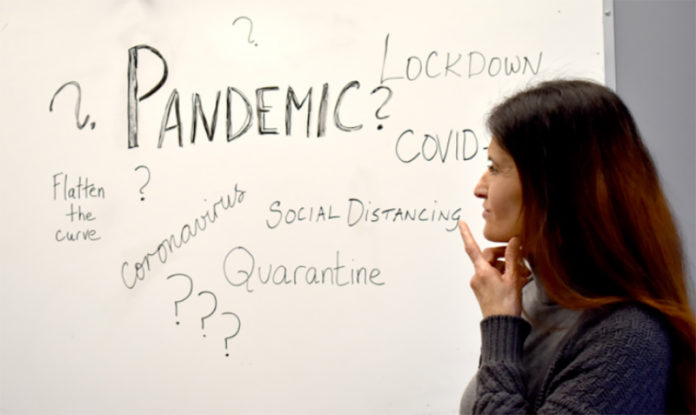They say every dark could has a silver lining. In the context of the now mostly unbearable lockdown, there have been a few positives. The most apparent and significant of these is the drastic improvement in air quality, and decreased levels of pollution. One of the interesting and perhaps unintended consequences of the lockdown has also been the usage of new terminology and words by the general populace.
New words and terms, originating mostly from the field of medical science have been added to our collective vocabulary, and in the days of the lockdown, we all have begun to use them generously. A few months ago, a vast majority of us had perhaps never heard of most of these, let alone have them as an integral part of our household parlance as we do now. And of the ones we knew, most of us never had the opportunity to use them on a daily basis.
There is almost a new term or word for every letter of the English alphabet. Let us take a look at some of the Lingua Lockdownica, which of course, is ever-increasing:
- Asymptomatic
- Breaking the Chain
- Containment Area
- Comorbidity
- Essentials
- Flattening the Curve
- Global Pandemic
- Herd Immunity
- Isolation
- Lockdown Version
- Migrant Workers
- New Normal
- PPE (Personal Protective Equipment)
- Quarantine
- Social Distancing
- Tranche
- Ventilator
- Zoom Meeting
Social media has played a major role in bringing these words to the general public. The inundating, and sometimes overwhelming messages being shared on social media are almost sure to contain new & unfamiliar words, which we seem to have absorbed rather well. So while we struggle to keep ourselves going during this lockdown, one of the silver linings is perhaps the increase in our vocabulary. At the end of the lockdown, we are certain to know more words and be familiar with more terms than we were when the lockdown started in late March. And while these have been added to our repertoire, we hopefully won’t have to use them in the context we, unfortunately, have been, in the recent past.






















